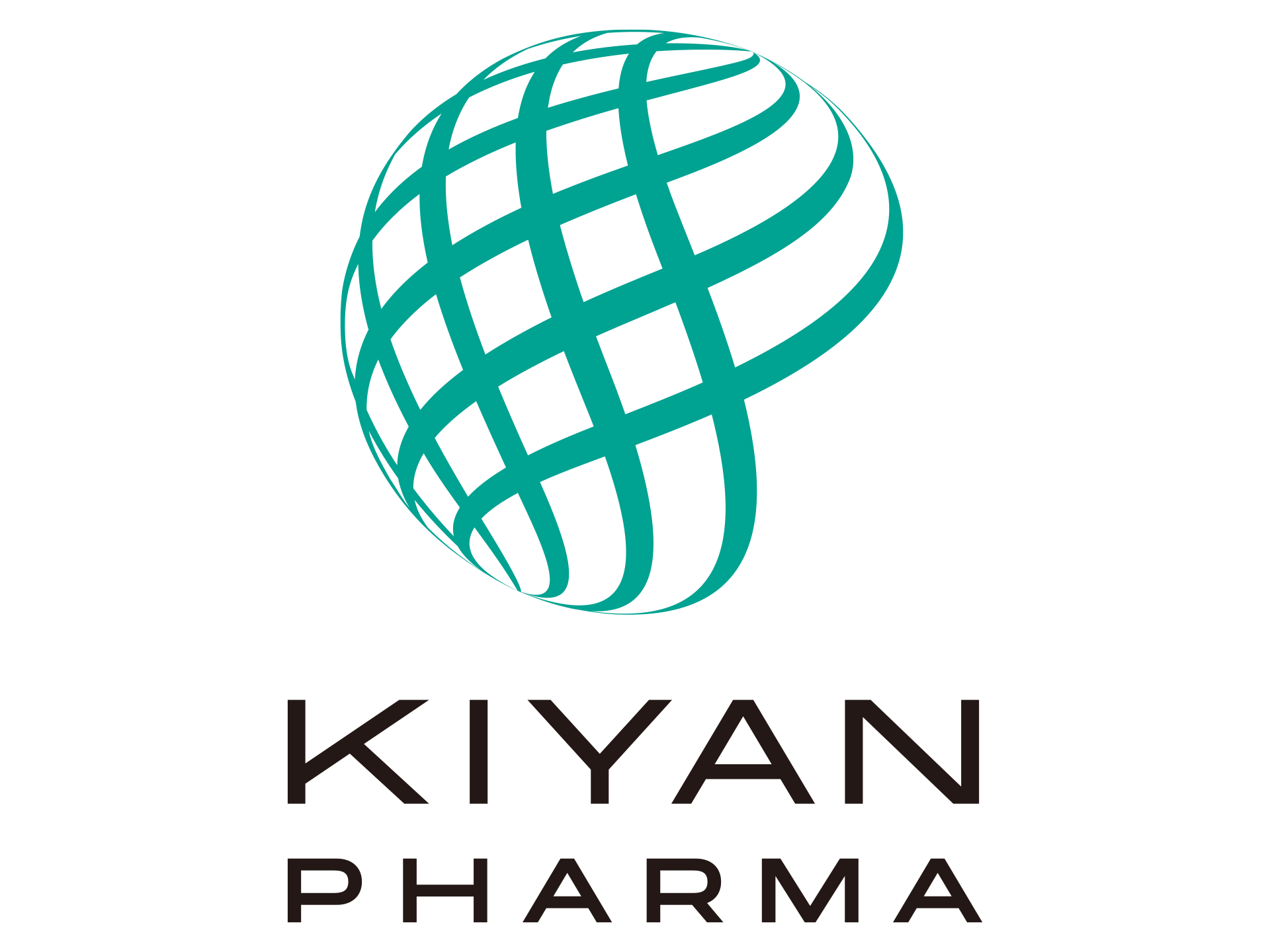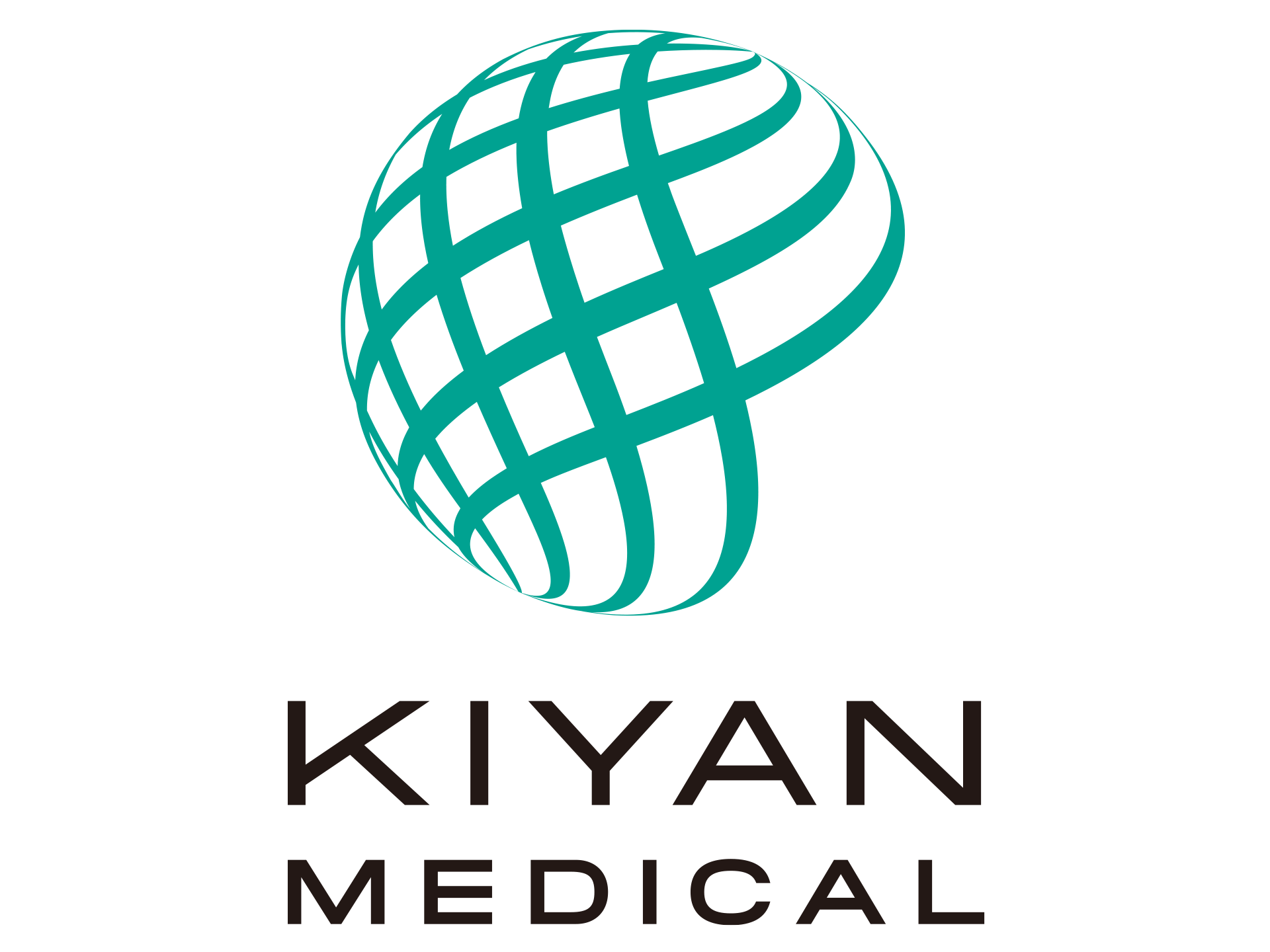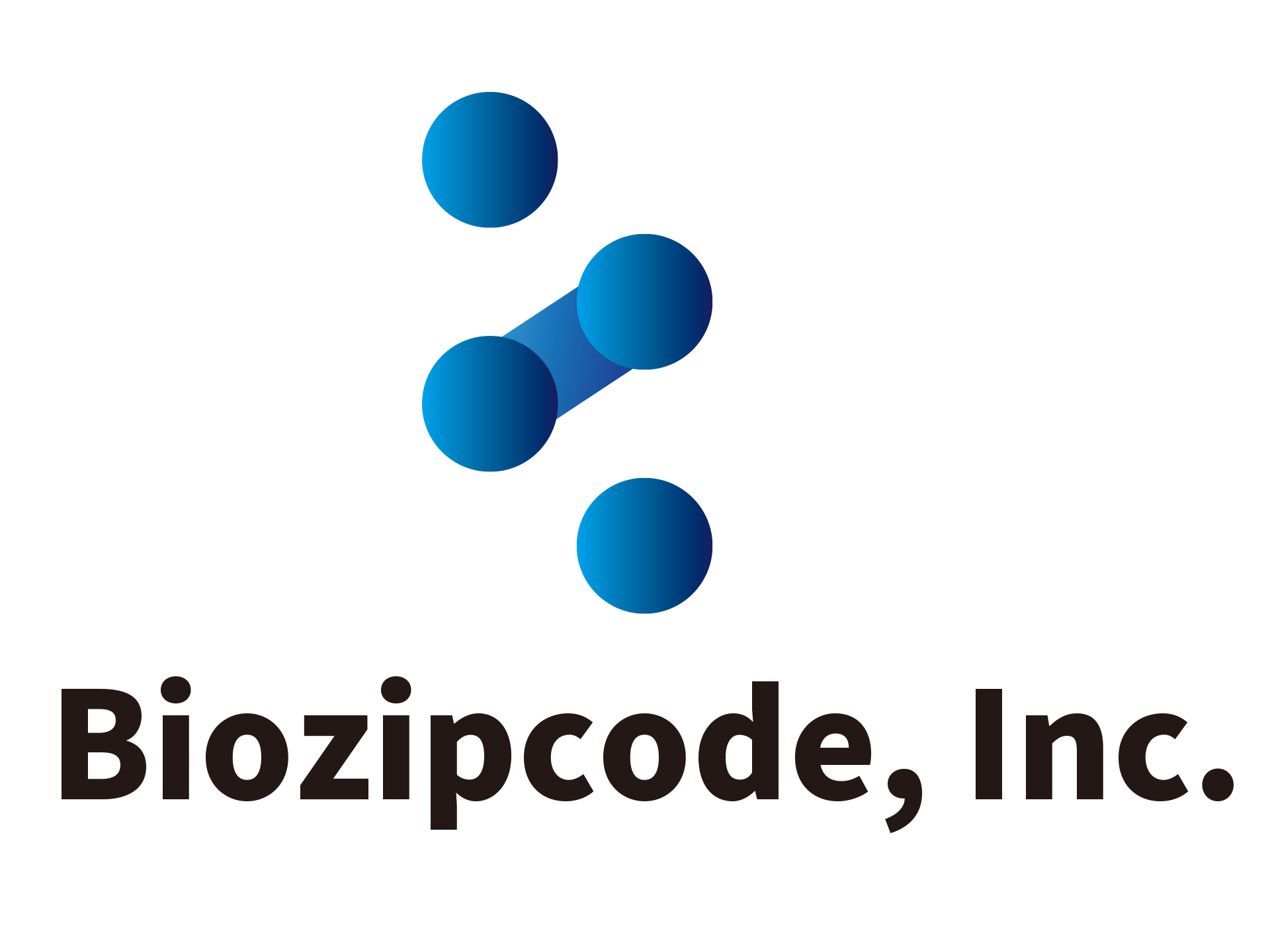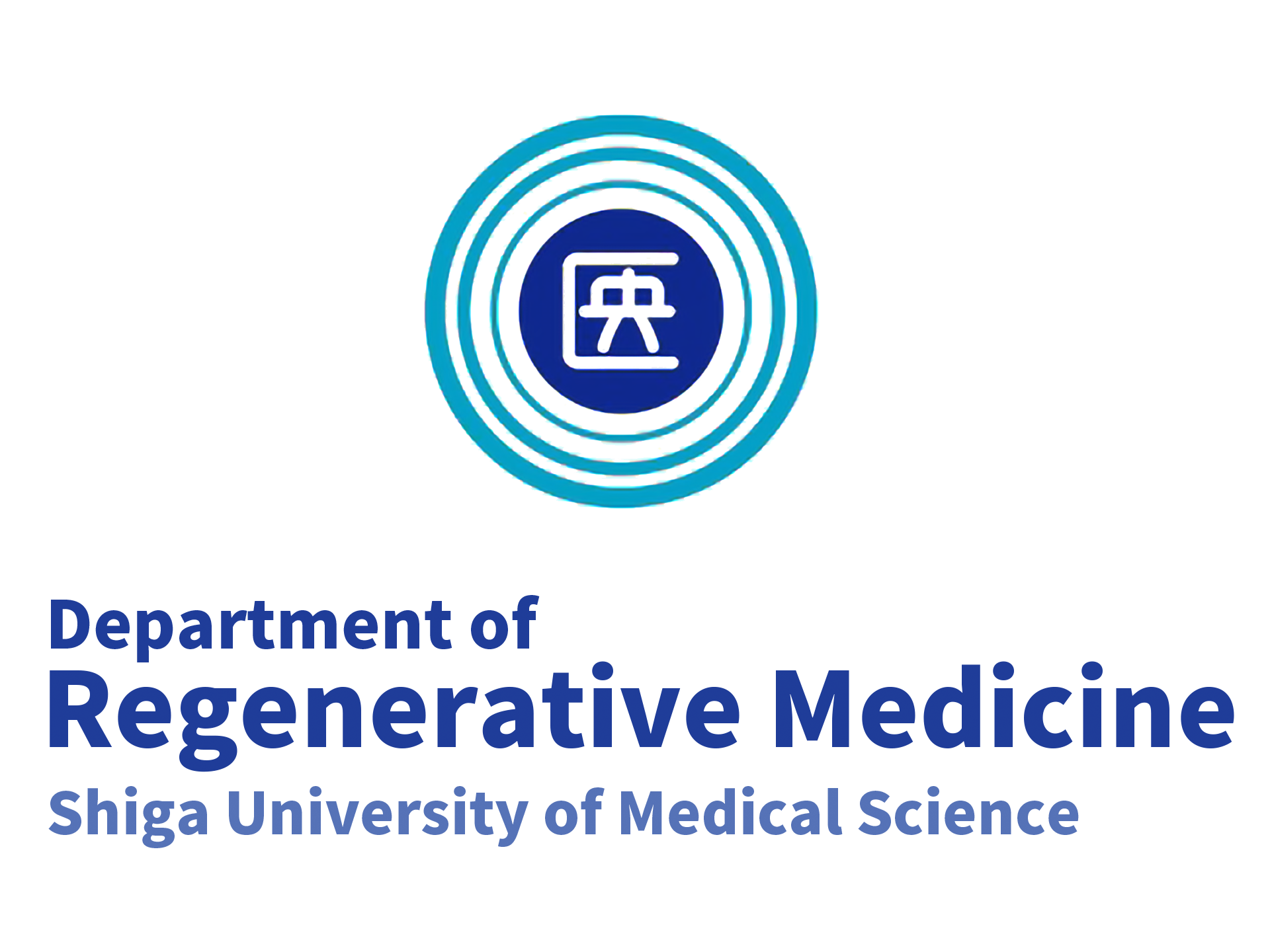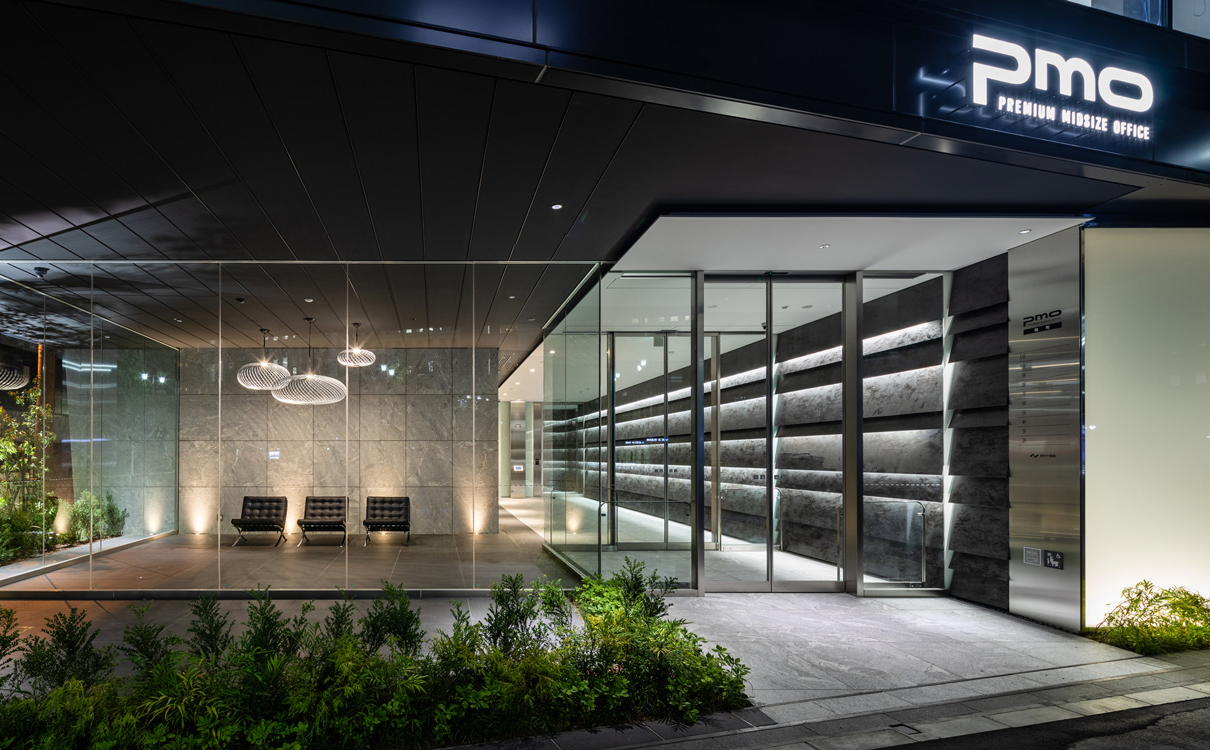Publication of a Paper on 5-Aminolevulinic Acid (5-ALA) Against the Omicron Variant of COVID-19
04/12/2022
Confirmation of Inhibition of the COVID-19 Omicron Variant by 5-Aminolevulinic Acid (5-ALA)
We are pleased to announce that Nagasaki University*1 (1-14 Bunkyo-machi, Nagasaki City, President: Shigeru Kawano; hereinafter “Nagasaki University”) and NeoPharma Japan Co., Ltd.*2 (6-2-6 Kojimachi, Chiyoda-ku, Tokyo, CEO: Satoshi Kawada; hereinafter “NPJ”) have confirmed the concentration-dependent inhibitory effect of 5-aminolevulinic acid*3 (hereinafter “5-ALA”) on the infection of cultured cells by the SARS-CoV-2 Omicron variant, the virus causing COVID-19. This study was accepted on April 8, 2022 (Japan time) by the international scientific journal “Tropical Medicine and Health”.
【URL】
https://nudrive.nagasaki-u.ac.jp/public/1ANsAAGA_gAAEVEBma6AZK0bXs8YQKPzeHPr0x9clunP
Password: 11111111 (eight ones).
Currently, only the abstract is posted. We will inform you once the full text is available on the journal’s website.
【Overview】
Since 2020, the development of effective countermeasures against the various emerging strains of COVID-19 has become an urgent necessity. 5-Aminolevulinic acid (5-ALA), a naturally synthesized amino acid, is used for various purposes including anti-cancer therapies and health food products due to its high biological utility. Our previous studies have shown that 5-ALA can completely inhibit the infection of cultured cells by SARS-CoV-2, including the Delta variant, at certain concentrations*4. This antiviral effect was confirmed without any significant cytotoxicity. Consequently, further research on 5-ALA as a potential antiviral drug against COVID-19 has shown similar results in tests against the Omicron variant using cultured cells.
【Research Topics】
– 5-ALA inhibited the infection of cultured cells by the SARS-CoV-2 Omicron variant.
– 5-ALA demonstrated a concentration-dependent antiviral effect without cytotoxicity.
– 5-ALA may be effective against future emerging variants due to its potential mechanisms of action, such as inhibiting viral entry into cells and replication within cells.
– 5-ALA is known to enhance mitochondrial function, which could prevent mitochondrial fragmentation caused by viral infection and reduce cellular damage in infected cells.
【Paper Title and Authors】 Title
5-aminolevulinic acid antiviral efficacy against SARS-CoV-2 Omicron Variant in vitro Authors
Mya Mya Thwe Tun (Associate Professor, Nagasaki University Institute of Tropical Medicine)
Takaya Sakura (Assistant Professor, Nagasaki University Institute of Tropical Medicine)
Yasuaki Sakurai (Assistant Professor, Nagasaki University Institute of Tropical Medicine/Infectious Diseases Research Hub)
Yohei Kurozaki (Associate Professor, Nagasaki University Infectious Diseases Research Hub)
Daniel Inaoka (Associate Professor, Nagasaki University Institute of Tropical Medicine/Graduate School of Tropical Medicine and Global Health)
Michinori Shioda (Independent Associate Professor, Kumamoto University Institute of Developmental Medicine/Graduate School of Pharmaceutical Sciences)
Chris Smith (Professor, Nagasaki University Graduate School of Tropical Medicine and Global Health)
Jiro Yasuda (Professor, Nagasaki University Institute of Tropical Medicine/Infectious Diseases Research Hub)
Koichi Morita (Professor, Nagasaki University Institute of Tropical Medicine)
Kiyoshi Kita (Professor, Nagasaki University Graduate School of Tropical Medicine and Global Health/Institute of Tropical Medicine)
【Glossary】
*1 Nagasaki University
Nagasaki University, a national comprehensive university established in 1949, has faculties and institutes including the Medical School, Dental School, Nagasaki University Hospital, and the Institute of Tropical Medicine located at the Sakamoto Campus following campus relocation and integration in the 1950s and 1960s. With its geographical and historical background, Nagasaki University boasts outstanding achievements in tropical medicine, infectious diseases, and radiation medical science, possessing a rich accumulation of research and a robust lineup of researchers in the field of infectious diseases, making it a leading educational and research base for infectious diseases both domestically and internationally. http://www.nagasaki-u.ac.jp/
*2 NeoPharma Japan Co., Ltd.
NeoPharma Japan Co., Ltd. was established as a joint venture between Neopharma LLC, based in the United Arab Emirates (UAE), and neo ALA Co., Ltd. (formerly Cosmo ALA Co., Ltd.). The NeoPharma Group is an international pharmaceutical company headquartered in the UAE, engaged in the manufacture and sale of pharmaceuticals, primarily in emerging markets including the Middle East. NeoPharma Japan plays a crucial role in the pharmaceutical manufacturing sector of Neopharma LLC’s global strategy. Moreover, NeoPharma Japan is advancing research and development using 5-aminolevulinic acid (5-ALA) for various applications, thereby creating new value for the entire group. https://www.neopharmajp.co.jp/
*3 5-Aminolevulinic Acid (5-ALA)
Humans, animals, and plants maintain their vital functions by producing energy in mitochondria, small organelles within their cells. 5-aminolevulinic acid (5-ALA) plays a critical role in the function of mitochondria. 5-ALA ultimately transforms into a substance called “heme” within the mitochondria. Heme is an essential component of “cytochrome,” proteins necessary for energy production. Furthermore, 5-ALA has been safely used in health foods, cosmetics, pet supplements, feed, and fertilizer for over a decade. 5-ALA has also been approved as a diagnostic drug for visualizing brain tumors and bladder cancer in the field of cancer. Additionally, 5-ALA is known to enhance mitochondrial function, and a phase III clinical trial led by Saitama Medical University is currently underway to investigate its effects on mitochondrial diseases. http://5ala-journal.com/
*4 January 11, 2022, Press Release
Confirmation of Inhibition of Infection by Various Mutant Strains of the Coronavirus Disease (COVID-19) Virus Caused by 5-Aminolevulinic Acid (5-ALA) https://www.neopharmajp.co.jp/library/592faa4a16088b6a0b777d96/61dcdfc5c4215ad d1045b2cb.pdf

